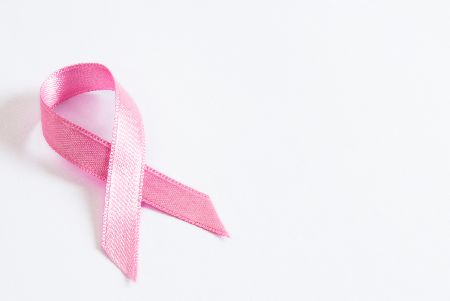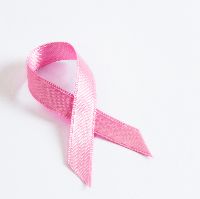
Around one in five breast cancers are HER2-positive
Scientists from the University of Liverpool are investigating if a molecule called ‘WASH’ could be involved in the spread of a particularly aggressive form of breast cancer, known as HER2-positive.
With funding from the research charity, Breast Cancer Campaign, Dr Tobias Zech, from the University’s Institute of Translational Medicine, aims to understand whether blocking this molecule could be an effective breast cancer treatment.
Around one in five breast cancers – 10,000 cases per year in the UK – are HER2-positive, a particularly aggressive type of breast cancer where an increased amount of the HER2 protein gives cancer cells the ability to multiply and spread.
In order for the HER2 protein to be able to stimulate the growth and spread of breast tumours, it has to be continuously delivered to the surface of the breast cancer cell. The ‘WASH’ molecule is essential in returning HER2 to the surface of the cell.
Tissue Bank
Dr Zech said: “We believe that this study could show that preventing WASH from helping HER2 get back to the surface of the cell could lead to new treatments for this type of the disease and help stop the spread from the breast to other organs.”
Using breast tumour samples from the Breast Cancer Campaign Tissue Bank, Dr Zech will demonstrate whether the presence of ‘WASH’ could predict the chances of survival for people with HER2-positive breast cancer.
Katherine Woods, from Breast Cancer Campaign, said: “Despite targeted treatments, such as the drug Herceptin, some women with this type of the disease sadly still see their breast cancer spread to other parts of the body, where it cannot be cured.
“It is essential that we find new treatments that can tackle this type of the disease. Dr Zech’s research will bring us one step closer in this direction, and closer to our ambition that by 2020, 25% fewer people will develop secondary breast cancer.”
